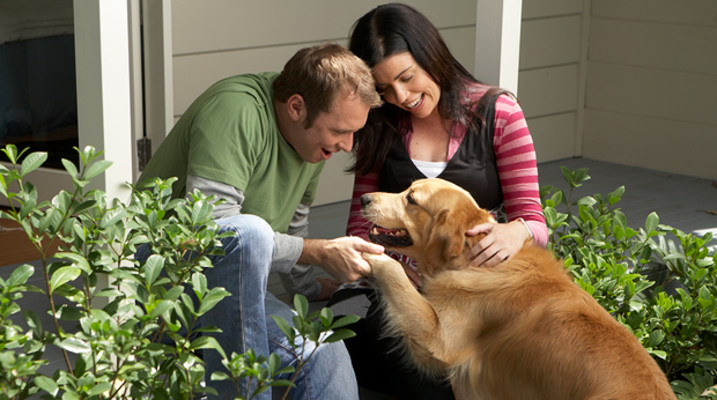
Our pumpkin spice obsession is real! OnePoll conducted research, asking 2,000 adults how they felt about the seasonal flavor…
And 80% are on the pumpkin spice bandwagon!
So why do we go so crazy for pumpkin spice? Catherine Franssen is a biopsychology professor at Longwood University in Virginia… and she says, it all has to do with how our brains respond to nostalgia and marketing. For example…
Just smelling pumpkin spice taps into our sense of nostalgia, because we’ve come to associate it with fall and family time. And smell is the only one of our senses that’s transmitted directly to the emotional center of the brain. So the scent becomes a portal to happy times from our past.
Another big factor is how it’s marketed. Pumpkin spice is only available for a limited time – which is an example of what’s known as “reactance theory.” Essentially, when we feel our choices – or our window of opportunity – is limited, we feel an urgency to take advantage of that freedom while it exists. So we “react” more strongly to something when we know it’ll be gone soon.
And that’s the science behind the popularity of pumpkin spice!









